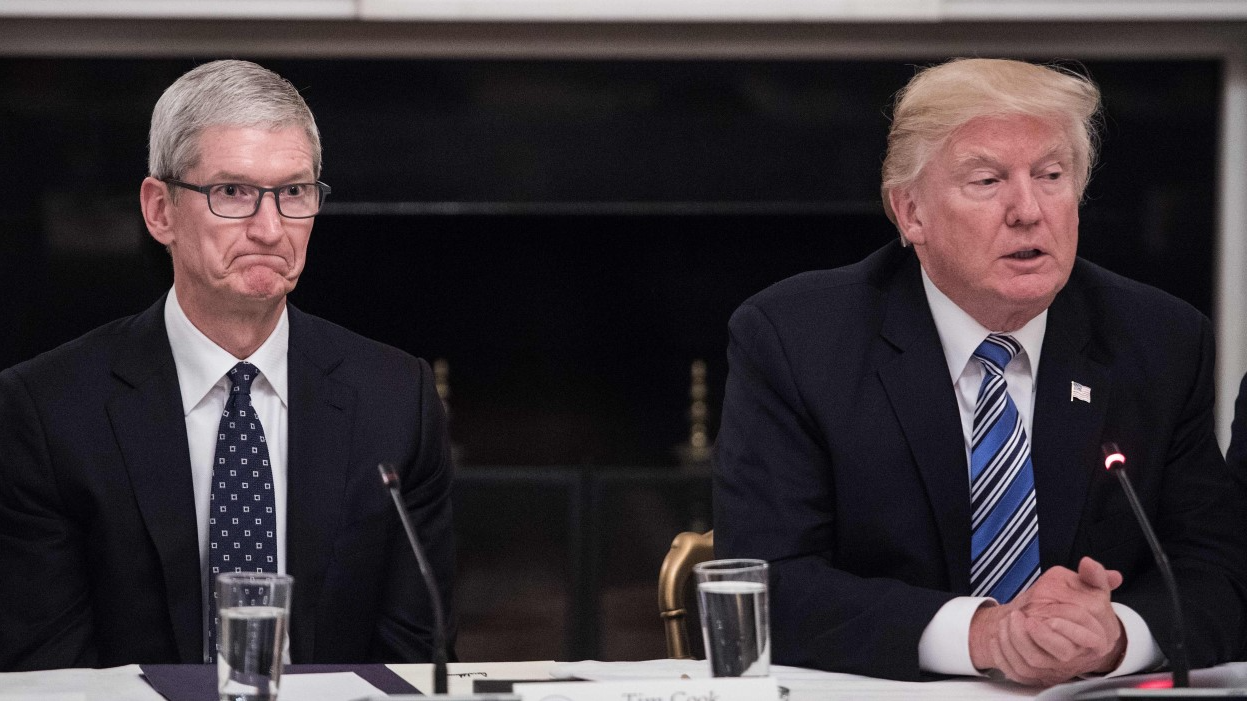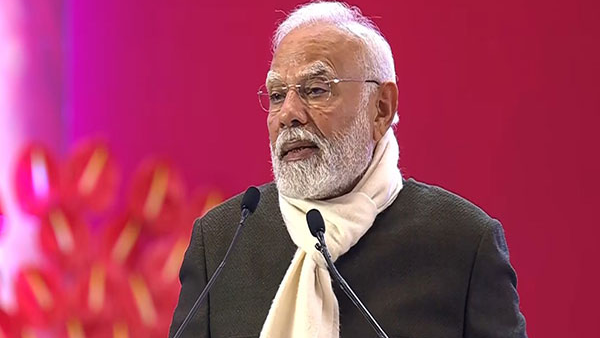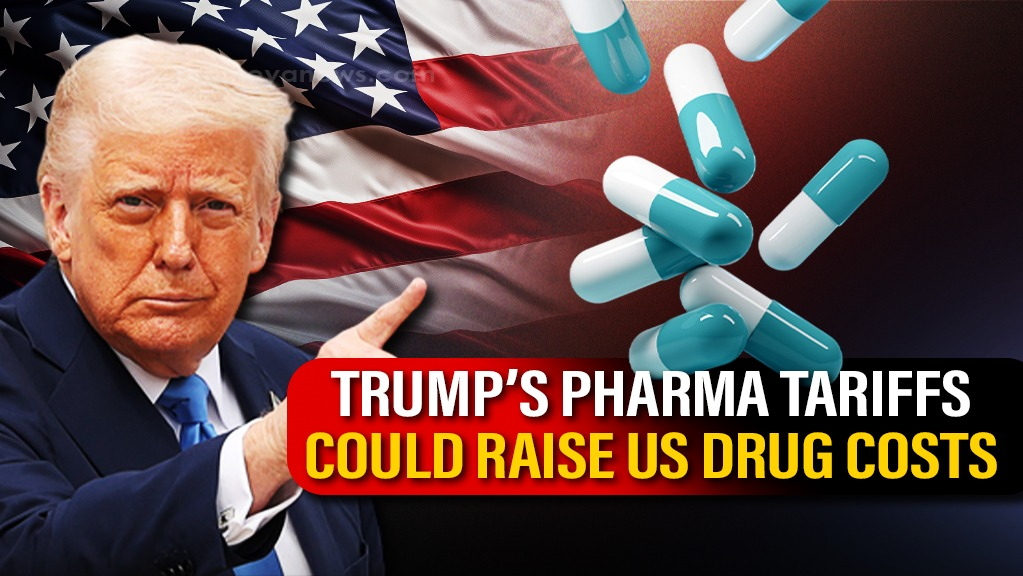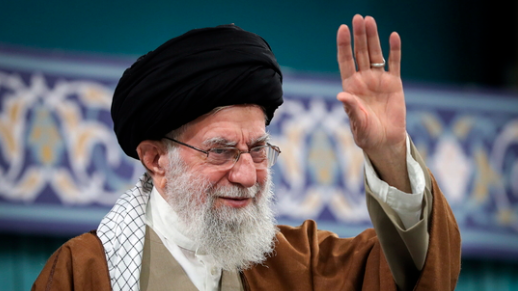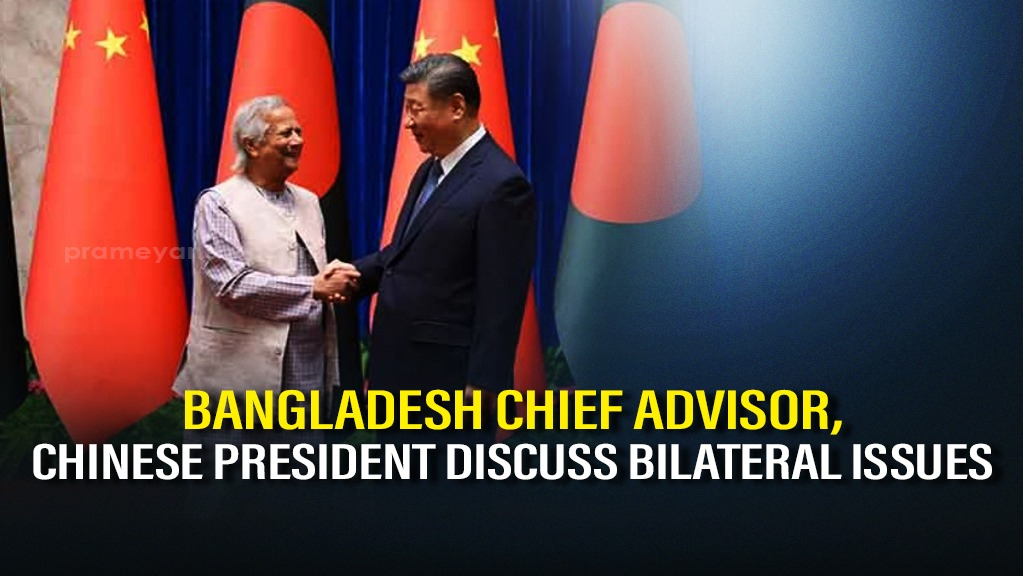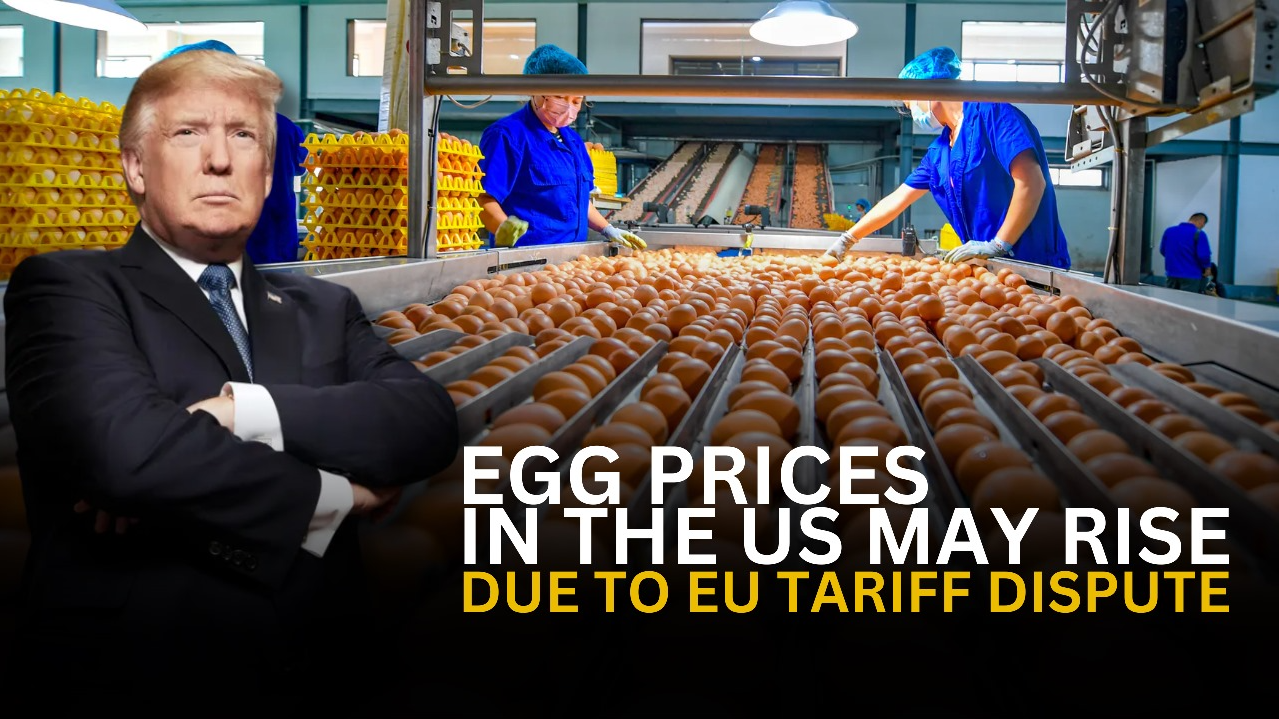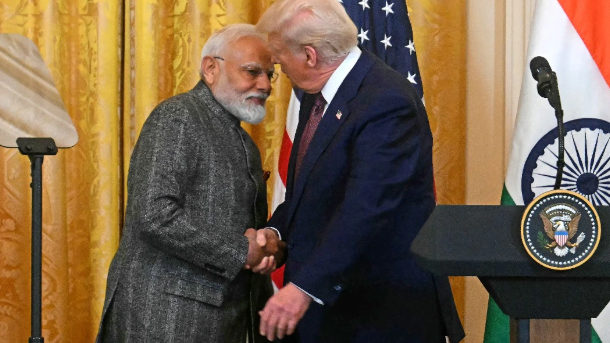Why iPhone Prices Could Jump
Buying the latest iPhone might soon cost you more. Ongoing trade tensions and US tariff policies could soon translate into substantially higher prices for Apple's flagship product, potentially pushing costs up by hundreds of dollars per device and forcing the tech giant to rethink its global manufacturing strategy.
Tariffs and Price Hikes
The core issue stems from US tariffs imposed under President Donald Trump, primarily targeting goods manufactured in China – the long-standing hub of iPhone production. Reports suggest that if Apple decides to pass the full cost of these tariffs onto its customers, iPhone prices could surge by a staggering 30% to 40%.
Breaking it down what that could mean for consumers. The standard iPhone 16 model, currently anticipated around the $799 mark (roughly ₹68,000), could potentially jump to approximately $1,142 (over ₹97,000). That's a hefty 43% increase. For premium models, the impact is even more dramatic. A top-tier iPhone 16 Pro Max, equipped with a large screen and 1 terabyte of storage, might see its price soar towards $2,300 (approaching ₹2 lakh).
This potential price escalation puts Apple in a difficult position. The company faces a choice: either absorb the significant extra costs imposed by the tariffs, potentially impacting its profit margins, or pass the burden onto consumers. The latter option carries considerable risk, especially given that iPhone sales have already shown signs of slowing in key markets. Some analysts suggest that recent upgrades, including new AI features branded as 'Apple Intelligence', haven't provided a compelling enough reason for all users to upgrade, making potential buyers even more sensitive to price increases. Higher prices could further dampen demand and push customers towards competitors like Samsung, whose devices, often manufactured in countries facing lower US tariffs, might become comparatively more attractive.
Apple Looks to Brazil
Faced with these trade headwinds, Apple is reportedly making strategic moves to diversify its manufacturing footprint and mitigate the impact of tariffs. While the company has significantly increased iPhone assembly in India over the past few years, attention is now turning towards Brazil as a potentially crucial site for expansion.
According to reports from the Brazilian publication Exame, Apple is seriously considering a major scale-up of its iPhone assembly operations in São Paulo. This facility, run in partnership with the Taiwanese manufacturing giant Foxconn, has been assembling iPhones since 2011, but historically focused on entry-level models primarily for the local Brazilian market.
The new strategy, however, appears much broader. Since last year, Apple has reportedly been investing in upgrading equipment and production processes at the São Paulo plant. The goal seems to be transforming the facility into a hub capable not only of serving the domestic market but also exporting iPhones, potentially including to the United States. Supporting this shift, Brazil’s telecom regulator, Anatel, reportedly granted approval earlier this year for Apple and Foxconn to assemble the upcoming iPhone 16 locally. Significantly, this could mark the first time that premium 'Pro' models are manufactured in the country, alongside standard models like the iPhone 13, 14, and 15 which are already assembled there.
Lower Tariffs in Brazil
The motivation behind this potential Brazilian expansion is clear when looking at the tariff landscape. Goods imported into the US from China currently face tariffs around 34%. Products from India, another key Apple assembly location, are subject to a 26% levy. Brazil, in contrast, benefits from a comparatively modest tariff rate of just 10%. President Trump has indicated these differential rates are intended to mirror how those countries tax US imports.
For Apple, shifting a portion of its assembly, particularly for models destined for the US market, to Brazil could offer substantial savings on import duties. While the company previously navigated tariff impacts through special exemptions, reports indicate such waivers are not currently in place, adding urgency to find alternative solutions.
What's Next for Apple?
If Apple proceeds with a significant expansion in Brazil, it would represent a major step in diversifying its manufacturing base beyond the long-dominant China and the increasingly important India. This move could help insulate the company from geopolitical tensions and fluctuating trade policies, particularly between the US and China. For consumers, while the threat of immediate, sharp price increases due to tariffs remains, a successful shift towards Brazilian assembly could help Apple manage costs and potentially limit future sticker shock on iPhones reaching the US market. We'll soon see how much Apple focuses on Brazil.
Picture courtesy: Mashable







